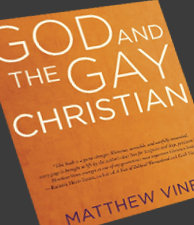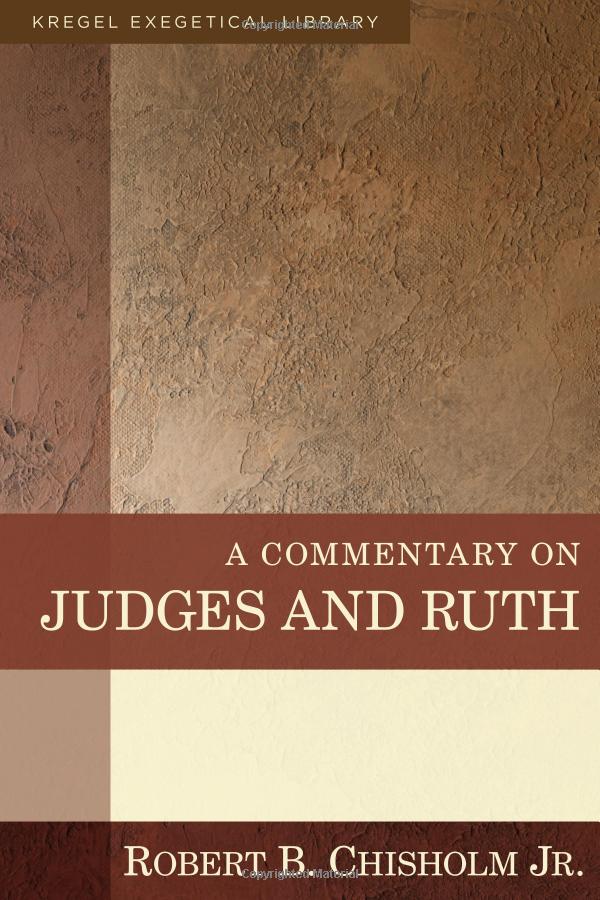God and the "Gay Christian"? A Biblical Response - Chapter 3
Vines’ third chapter aims to show that those holding to traditional Christian sexual ethics have a major dilemma on their hands. Allegedly, the traditional view of celibacy is not compatible with the traditional view of homosexuality. One or the other must go.
The claim is part of Vines’ overall strategy in the book—to frame the homosexuality debate as a matter of human suffering and doctrinal progress vs. uncaring and rigid traditionalism. To Vines, the view that homosexual conduct is wrong even within “committed, monogamous same-sex relationships” (41) causes great suffering for homosexuals and depends on a faulty understanding of Scripture. (Kindle location numbers appear here rather than page numbers.)
The basic argument
Specifically, chapter 3 argues that the non-affirming view (Vines’ term for the view that all homosexual conduct is sin) forces celibacy on homosexuals and that this forcing is contrary to the traditional view that celibacy is voluntary and a gift from God.
He writes:

 God and the Gay Christian addresses the morality of homosexual conduct, specifically within “committed, monogamous same-sex relationships” (41). In the introduction and first chapter, most of Vines’ energy went into framing the debate as a matter of personal suffering (i.e., here’s what happened to me and is happening to homosexual Christians everywhere) and as a matter of progress (i.e., the church should improve its understanding of homosexual morality just as it has improved its understanding of other matters in Scripture).
God and the Gay Christian addresses the morality of homosexual conduct, specifically within “committed, monogamous same-sex relationships” (41). In the introduction and first chapter, most of Vines’ energy went into framing the debate as a matter of personal suffering (i.e., here’s what happened to me and is happening to homosexual Christians everywhere) and as a matter of progress (i.e., the church should improve its understanding of homosexual morality just as it has improved its understanding of other matters in Scripture).



Discussion